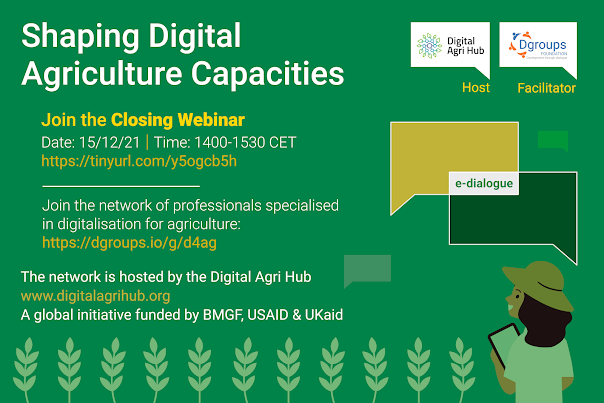Stand with the Saamakans from Federico Rambaldi on Vimeo.
In this video, the Saamaka communities in Suriname ask the international community to stand with them to defend their land against intrusive Forest destructive activities and to demand that the Suriname government grants legal recognition of Saamaka ancestral rights to the land.
The Saamaka tribe is an Afro-descendant community that has inhabited the Suriname river watershed for over 300 years. They have a deep spiritual and cultural connection with the land and have preserved it through their customary laws and traditions.
However, over the past 30 years, Saamaka communities have struggled to defend their land against intrusive logging and gold mining activities. In the 1990s, the Government of Suriname granted logging concessions to multinationals in their territory without consulting them. For almost a decade, the forest was exploited, causing the destruction of agriculture fields and pollution of drinking water sources.
In the year 2000, the Saamaka decided to stand up and defend their territory against these threats and fights for the legal recognition of their land rights. They organized themselves into the Association of Saamaka Authorities and filed a petition to the Inter-American Court of Human Rights. The petition asked for support to stop human and land rights violations in their territory. This led in November 2007, to the issuance of a binding judgement by the Inter-American Court of Human Rights in favor of the Saamaka people, known as ‘Saamaka judgement’. It required the State of Suriname to legally recognize their land rights and stop any logging and infrastructure development inside the Saamaka territory and fully apply Free Prior Informed Consent procedures.
However, 15 years have passed since the ruling of the court, and the Government of Suriname still does not comply with the Saamaka judgment. On the contrary, their land rights are still not legally recognized, and logging concessions continue being granted without Free Prior Informed Consent.
Moreover, the issuance of community forest concessions is another violation of Saamaka rights. These areas, granted to individuals from the communities, are presented by the government as a way to legitimate Saamaka people's rights to the forest. However, in practice, these forest concessions delegitimize and violate Saamaka communal systems of property, creating internal conflicts, elite capture, and internal corruption.
Since one year ago, Saamaka communities have been struggling again to protect their land against a new destructive intrusion. A logging company has gained access to their concession on the east side of the Saamaka territory. Despite opposition from the Association of Saamaka Authorities, the logging company, with the support of few Saamaka individuals, who disregard the community’s stand, has built a pontoon to mobilize heavy machinery across the river and has begun road work without obtaining the Saamaka’s Free Prior Informed Consent. As a result of this access, thousands of valuable logs are exploited illegally. This road poses now a significant threat to the livelihoods and sustainable use of forest resources maintained by the Saamaka. More importantly, the forest itself has customary and spiritual value for them. The road would facilitate access for illegal gold miners and more loggers, causing widespread habitat destruction.
With human and recurrent land rights’ violations, the Saamaka people are taking fresh action to advocate for the legal recognition of their ancestral land rights and demand that the Government of Suriname fully complies with the ‘Saamaka judgment’.
As stewards of more than one million hectares of tropical rainforest, the Saamaka people ask the international community to support their efforts to protect their land.
.png)
